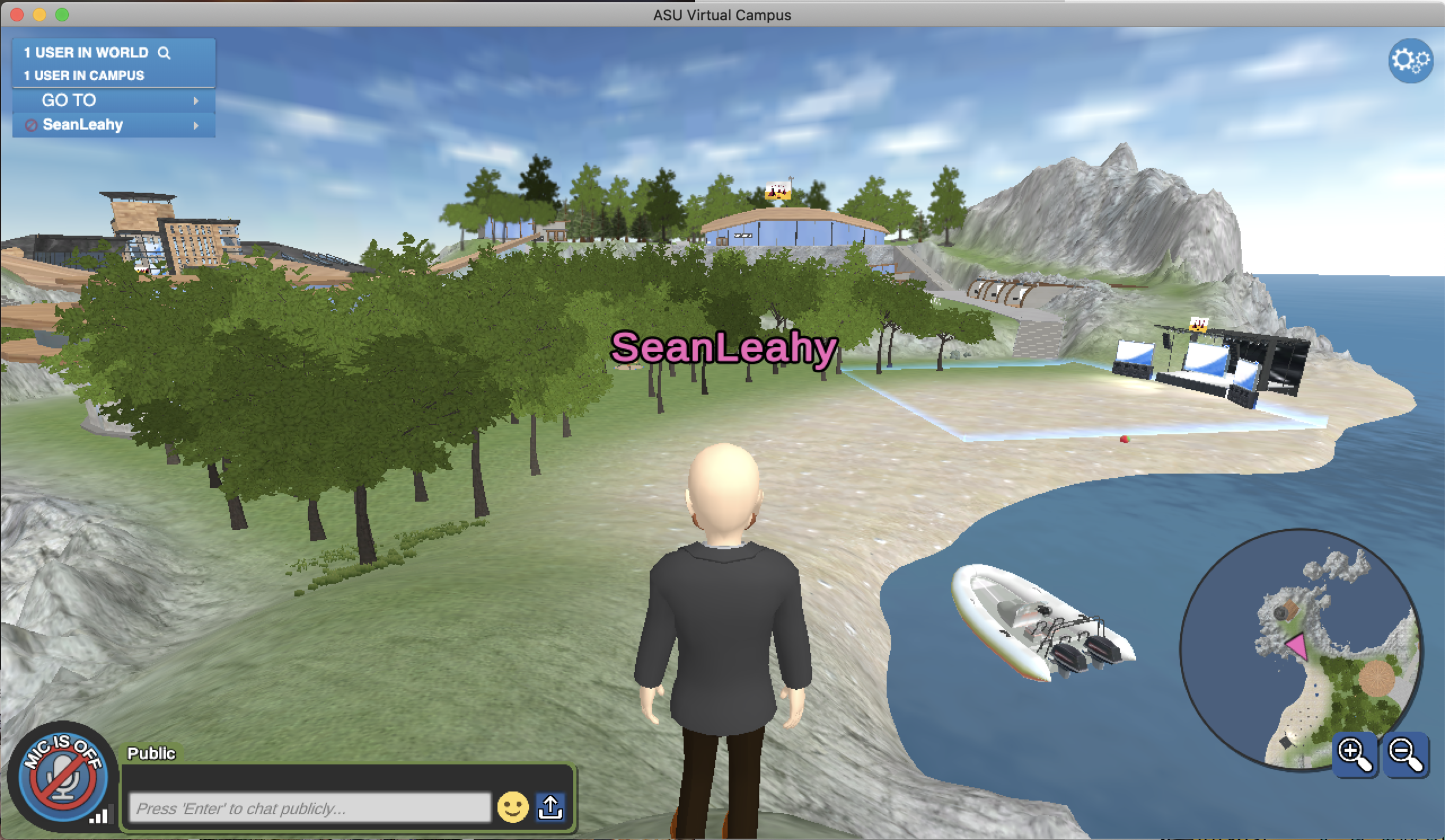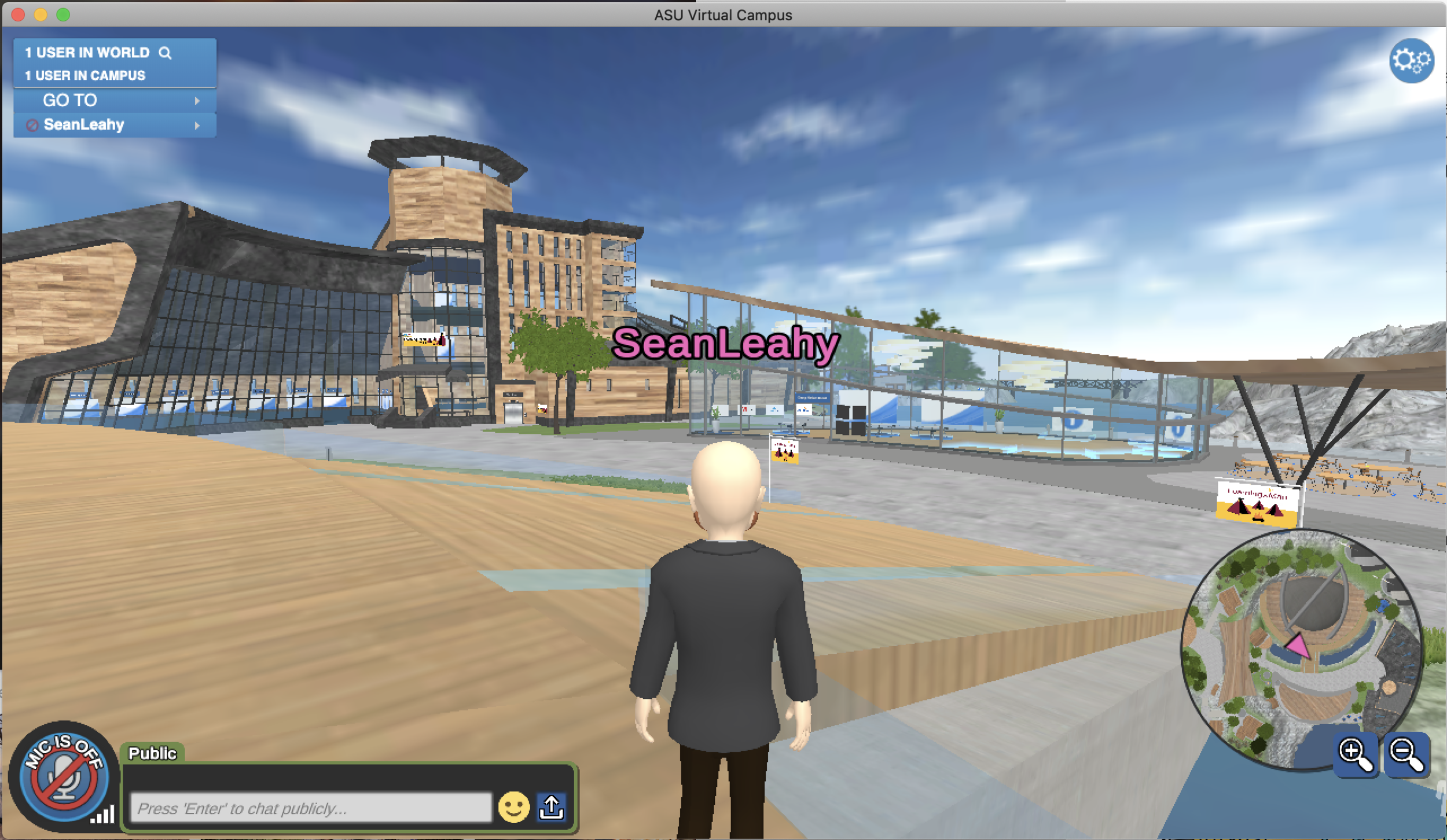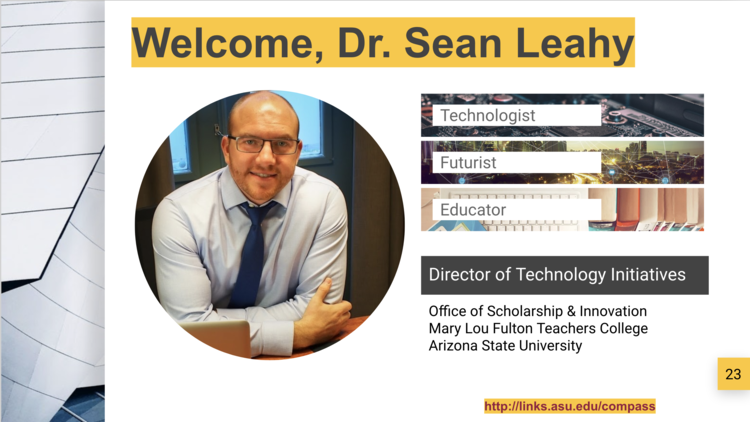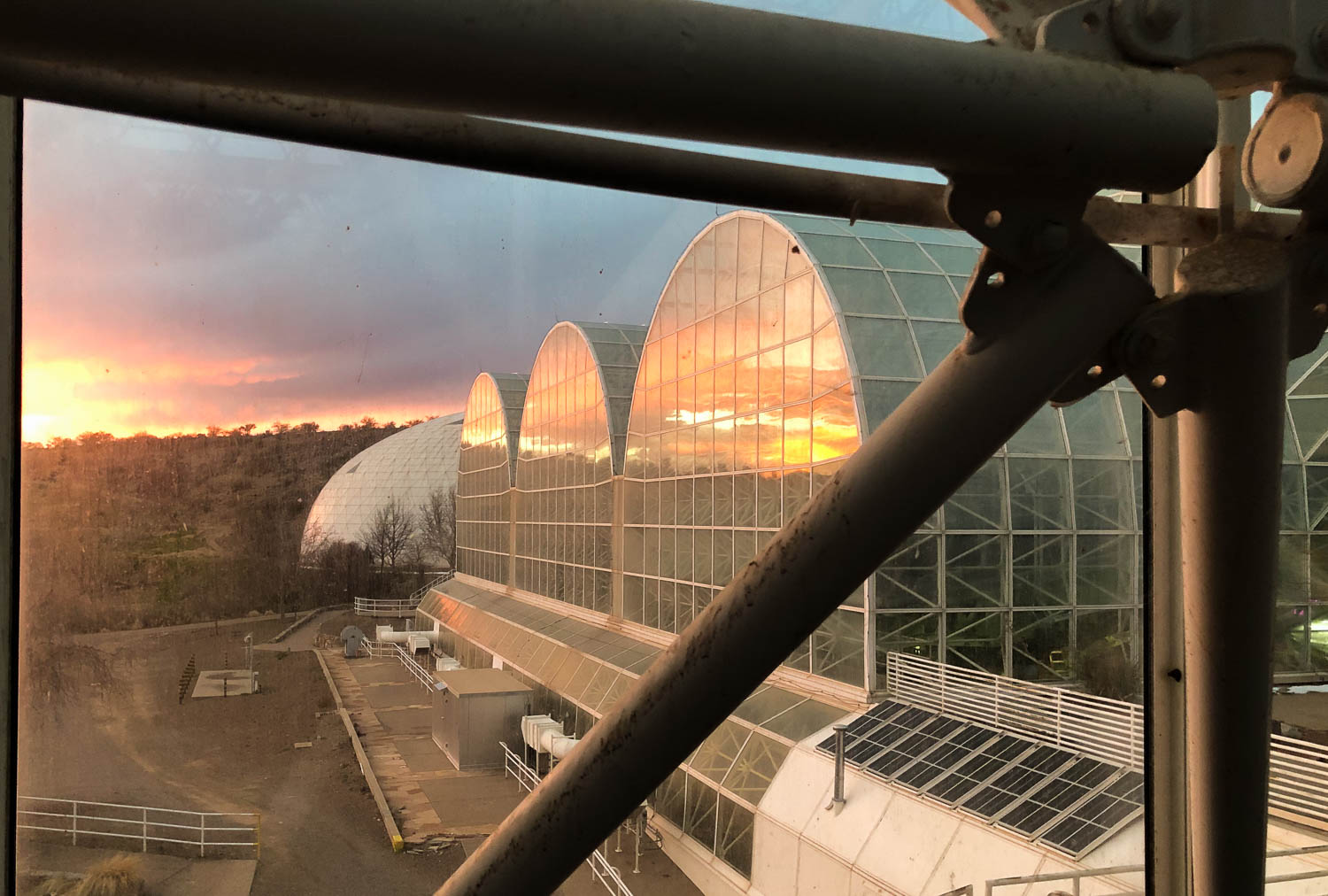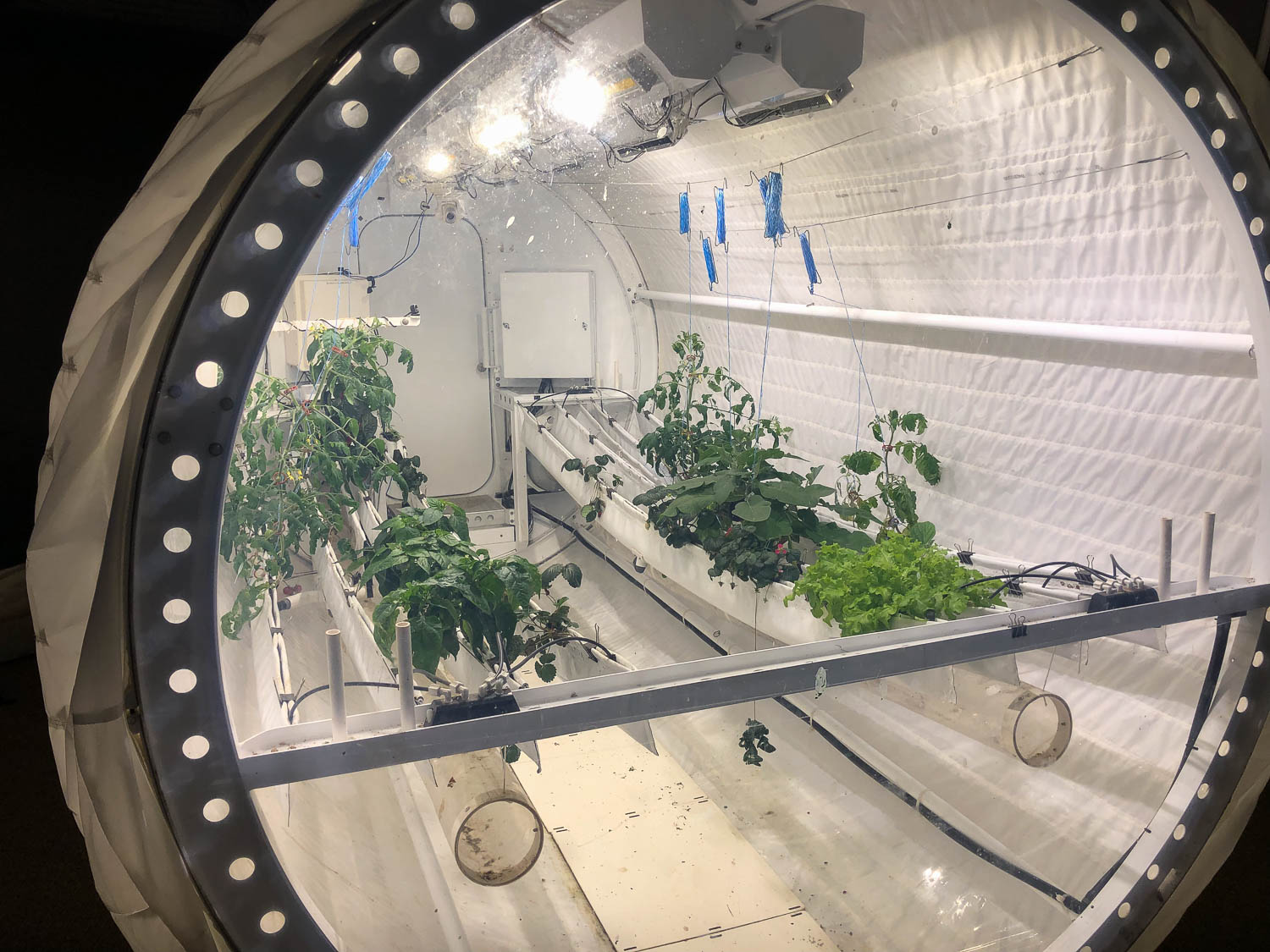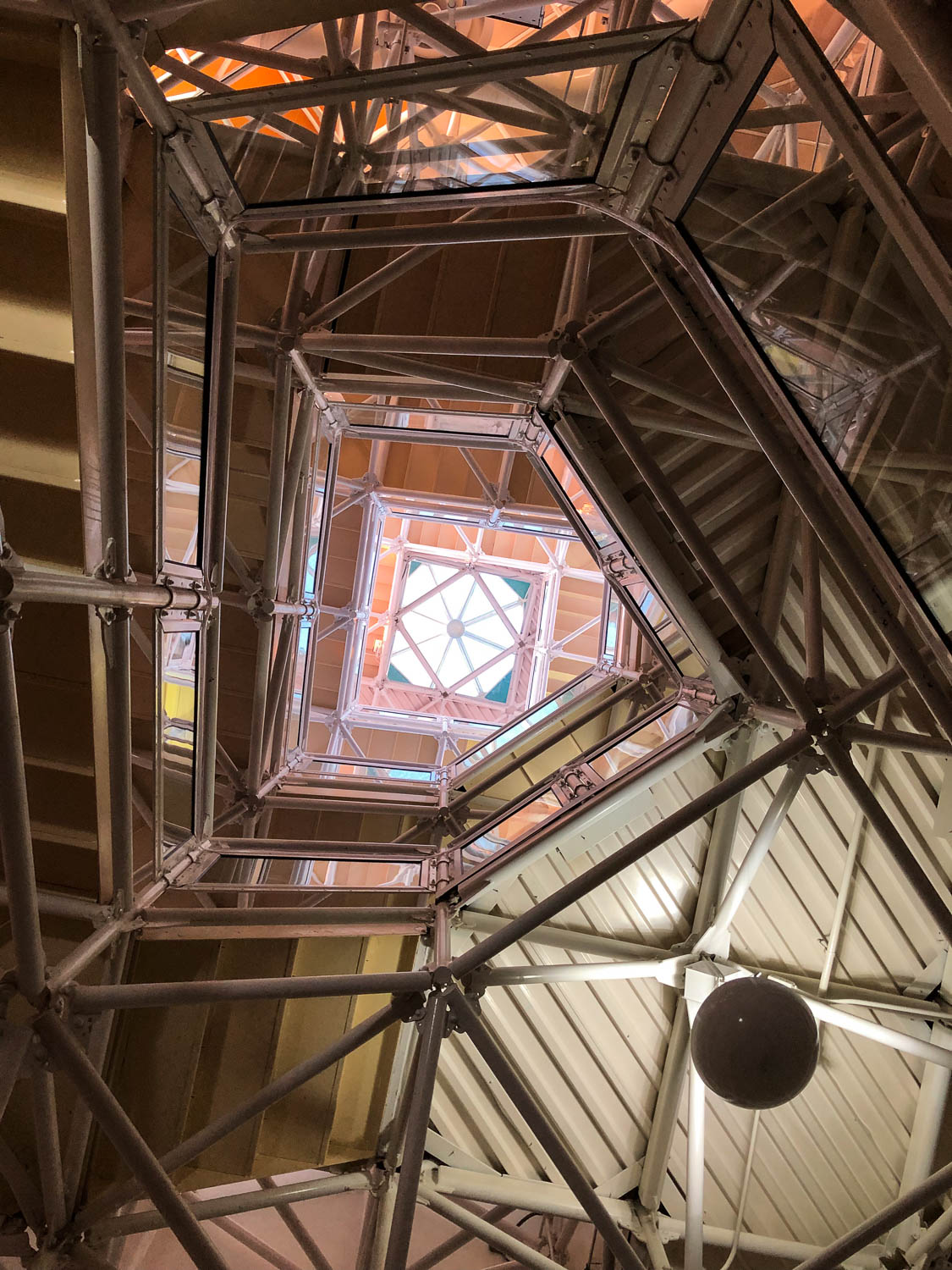On March 17, 2021 I had the pleasure to co-present the closing keynote for the OLC Innovate K-12 Summit with my trusted colleague Ben Scragg. In this presentation we explore the challenges of creating a new “normal” as it relates to educational futures - and explore a set of strategic foresight tools and methodology that can assist leaders in creating an intentional “next normal” for their organization.
Below is the extended abstract from the event website.
Extended Abstract:
We are certainly living through a volatile, complex, uncertain, and ambiguous (VUCA) world at the present moment, and its impacts have been felt perhaps more deeply and tangibly in K12 education than anywhere else - both at global level and within our local schools and communities. Given the rapid disruption and changes brought on by COVID-19, we know that there will be no returning “back to normal.” While schools, educators, students and families have all navigated the past year in different ways and with different degrees of hardship, challenge, and even success - we still look forward to establishing a future sense of normalcy, however the new normal takes shape.
In this session, we want to explore some of the ways in which educators and leaders can begin to design and give shape to this new normal, despite all the uncertainty of now. Given all that educators and communities are facing, it’s worth exploring how we might re-imagine our teaching and learning environments - particularly online and digital learning environments - by addressing and harnessing the plausible outcomes and impacts of our collective uncertainty.
We will invite participants to learn about and experiment with emergent design and strategic foresight tools that can reveal risks and opportunities, helping us prioritize the work needed to build the next normal. The goal of this session is not to predict what will happen in the future, but to stretch the imagination (and ourselves!) to think about what we would like to have happen, using a framework and tools for how it might happen. The maxim “we cannot predict the future, but we can invent it “ is often cited as a call to design and use strategic forecasting tools and methodologies. Join us as we create a studio space to explore a set of tools and reflective prompts that we’re describing as Learning Futures.




